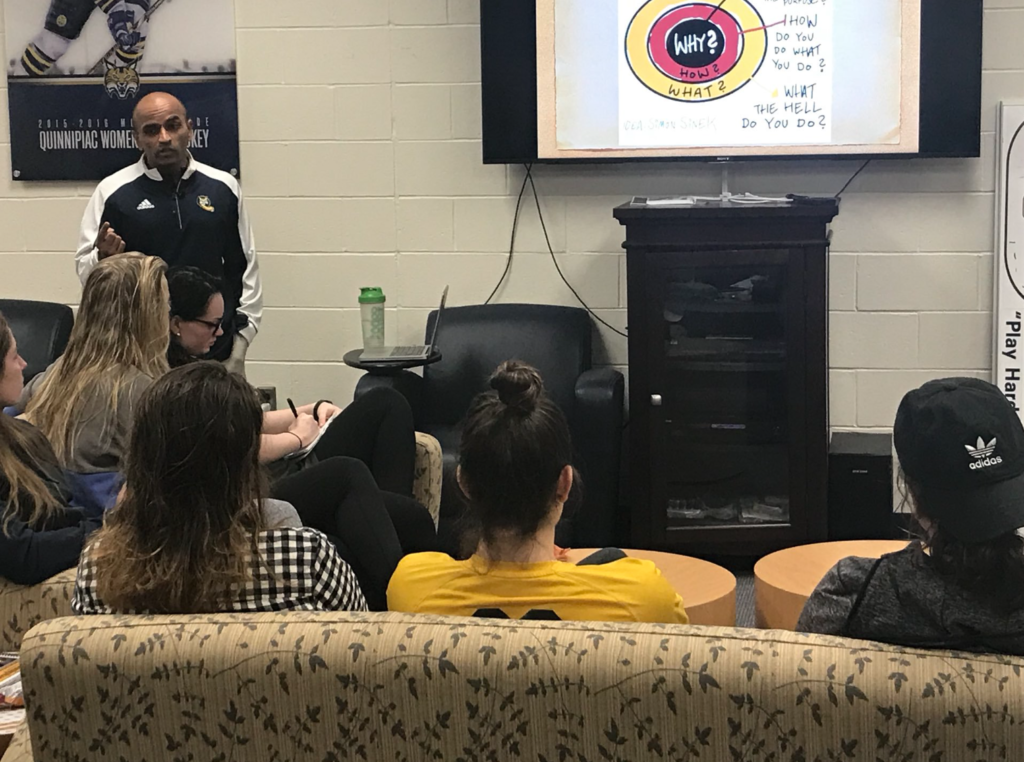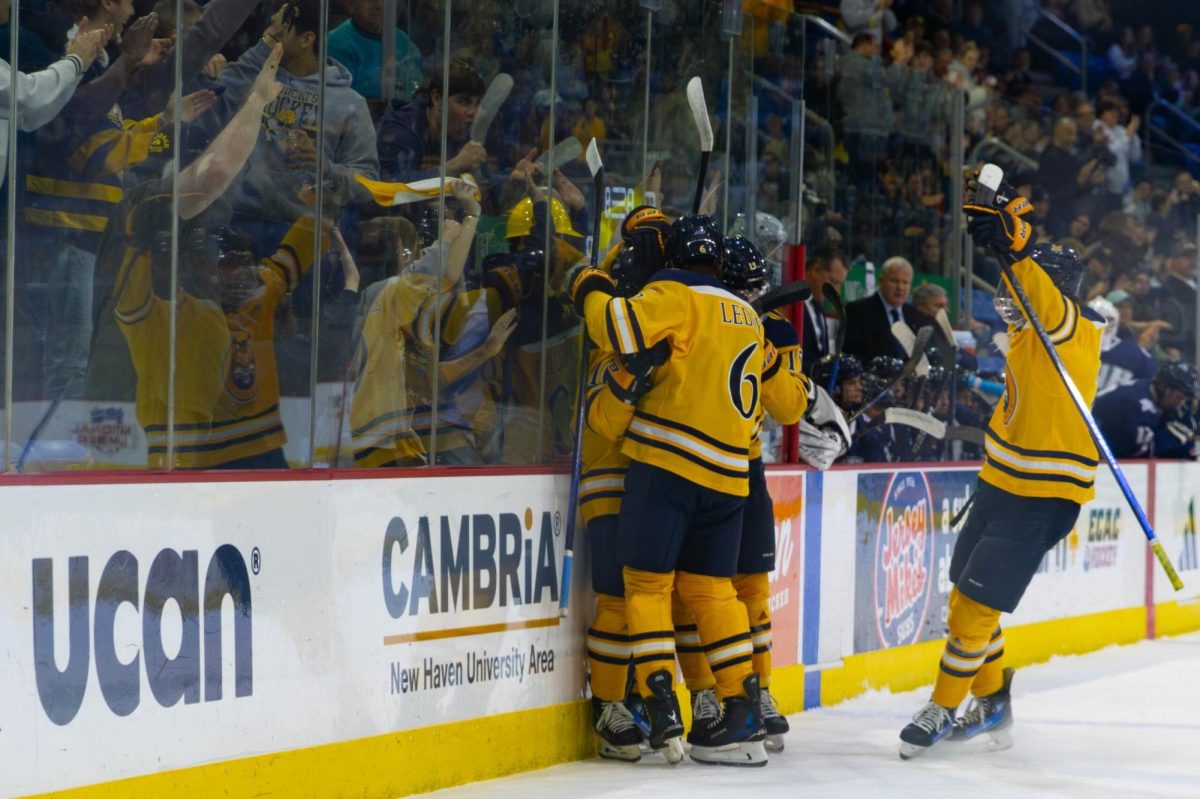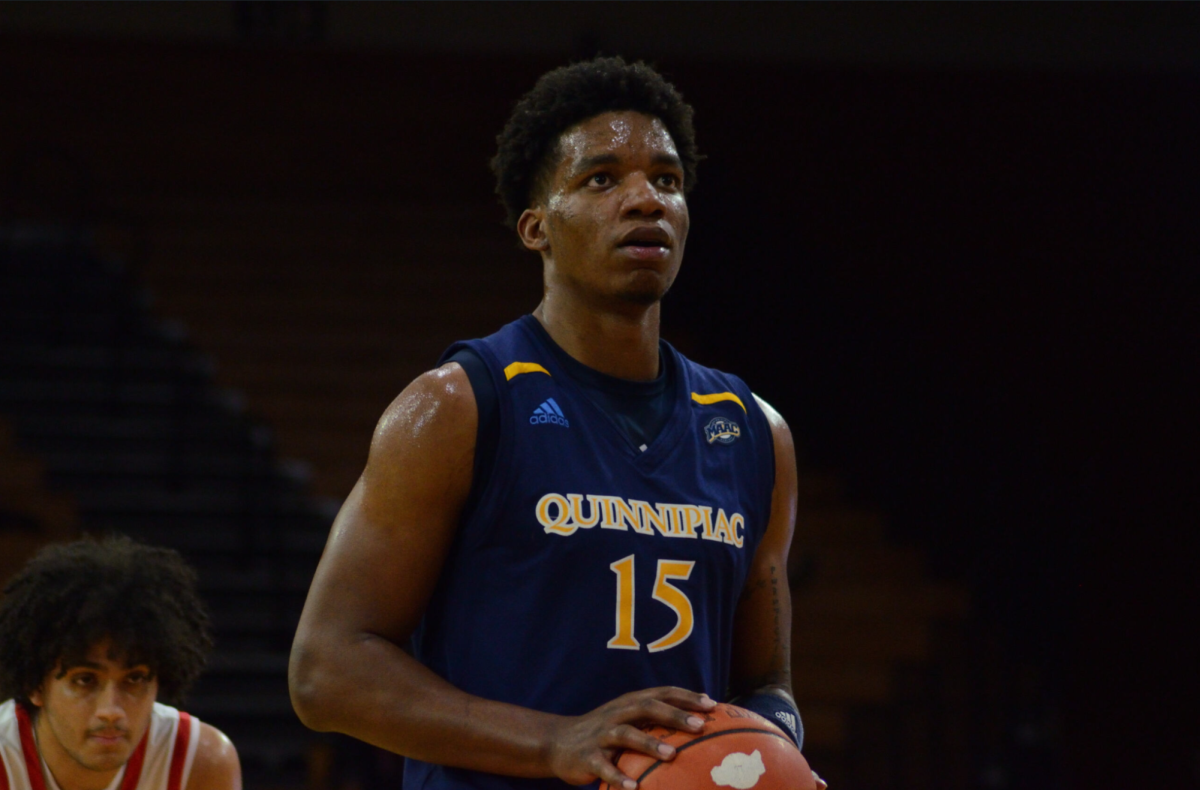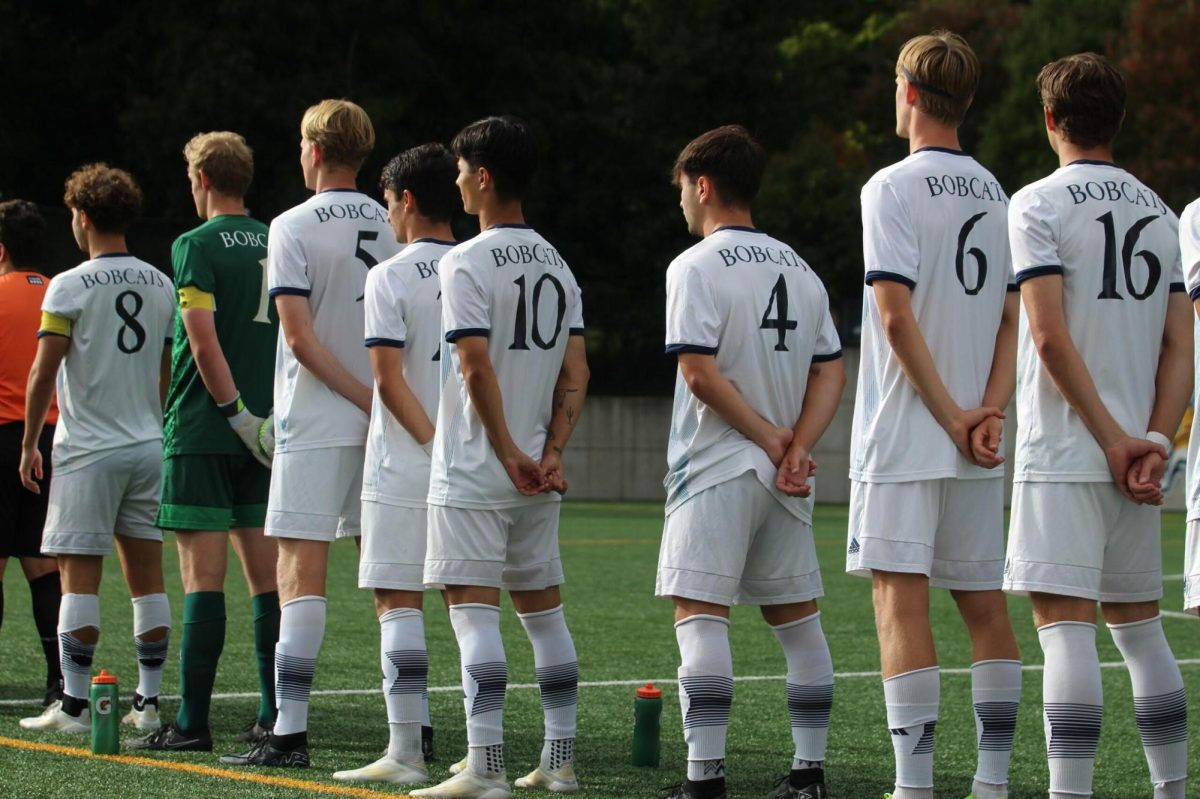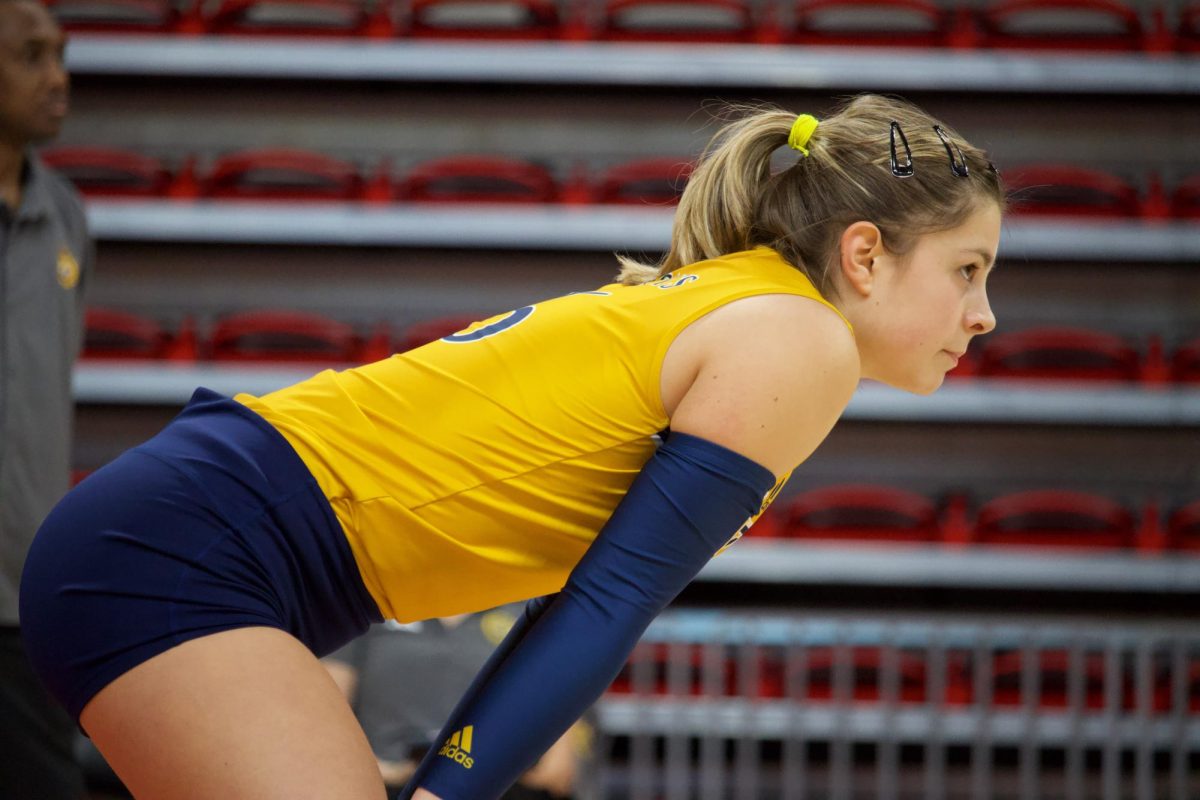By: Josh Silverman
Stats and awards don’t do justice when you look at the hours of hard work student-athletes put in at the division one level. A lot of what these athletes do comes from the time spent at practice and in the gym fine-tuning their bodies. The man who puts all of that in motion is Quinnipiac’s strength and conditioning coach Brijesh Patel. Patel has spent 10 years at Quinnipiac, mostly working with the basketball and ice hockey teams to make sure the athletes are at their best. Below is a Q&A with Patel covering his time at Quinnipiac along with the most important aspects of being a student-athlete in peak physical and mental condition.
Silverman: How would you define your position here at Quinnipiac?
Patel: “I’m the head strength and conditioning coach and I think that term is somewhat limiting. Most people think, ‘oh, you lift weights and you run’ and that’s part of it, obviously, but a lot of it is really getting them ready to perform and play their sports. There’s a lot of things that go into that. Obviously, we talk about the physical things that go along with that like being faster, stronger, in better shape, more mobile and having better balance. The other things that go along with performance are nutrition. Dana White, the athletic trainer and I can help them with nutrition and really educate them on a daily basis on how to fuel so they can perform. If they don’t fuel themselves right, we can’t train the right way and handle what we need to do to get better. Then the other thing too is the mental side of things and getting them to understand how to have confidence and believe in themselves. The weight room is a natural equalizer for a lot of people because I don’t control playing time. There is no depth chart in the weight room. It can be very humbling to somebody who may be very highly skilled but not very highly fit. It’s a fun environment to expose people to. They can be uncomfortable and to get them to believe they can do things that they probably didn’t think they could do when they first stepped on campus.”
Silverman: Given that you usually work with the ice hockey and basketball teams, how do you usually spend your fall and spring?
Patel: “The fall is primarily preseason for those sports so the way we look at the preseason is we have to get them ready to practice because practice is where they get better to play in games. We have to be fit to be able to handle practicing five to six days a week for two to three hours and being able to handle that volume at a high enough tempo and at a high enough pace. In the spring our seniors are gone so now we’re developing our habits and cultures. We’re developing our leaders before the incoming freshman get here too. It never ends and it isn’t just a winter thing. A lot of it is prep for the season and then prep for the following season.”
Silverman: What are you specifically doing, either month by month or day by day, to be better at your job?
Patel: “I constantly read. Either articles that my fellow colleagues may share on Twitter or podcasts whenever I get a chance to. Articles are easily digestible on a daily basis. I can read them in about 10-15 minutes. For books I’ll usually read at night for maybe an hour or so and that all accumulates over the course of time. We also go to conferences and conventions and talk to other coaches on the phone or Skype. That’s a good way the Internet works now. You can hop on a phone call or have a visit with someone right then and there. We often have site visits from other strength and conditioning coaches and interns to try to learn and network. The other part of it is training myself. I will often do the workouts that I give our athletes so I understand what it feels like, what’s too much and do I like how it flows. That’s a learning process too.”
Devouring my 3rd @JoshuaMedcalf book. Great content & perspective. #getbetter #chopwoodcarrywater #poundthestone #hustle #knowledge pic.twitter.com/vTsue6dxxq
— Brijesh Patel (@bpatel515) January 3, 2018
Silverman: Do you work out with the athletes?
Patel: “No I don’t. They’ll be rare instances where I have done it in the past but I think it takes away from my ability to coach them because I’m doing it myself. My mindset is that if I’m going to do it I want to do it the right way too and it makes it hard to watch every single person. That’s where I think I can have a bigger impact: by empowering them to have control over their own body and ownership in their own development.”
Silverman: I don’t want you to throw any programs under the bus, but how do you think Quinnipiac measures up against teams it plays in the ECAC for Hockey or the MAAC for Basketball in terms of strength and conditioning?
Patel: “I’m kind of biased but I think we’re at the top. I think our kids buy into what we do and ultimately that’s what it comes down to. A lot of other programs are probably going to do similar exercises and I’ve told recruit’s parents this before: The biggest difference isn’t what we do but how we do it. The level of detail to which we do it to, the love and togetherness we do it, the level of communication we have when we train and the level of energy and enthusiasm. Those are the things that are going to determine results. I could write the worst program in the world but if it’s done with the best effort that’s going to yield more results than the best-written program done with poor effort.”
Silverman: You came from Holy Cross and UConn, are there things you brought from those programs that you’re implementing here?
Patel: “Absolutely. I knew I wanted to be a strength coach in high school so when I went to UConn I started volunteering and I was an intern essentially my second week on campus and for four years I had an internship. When I was at UConn I learned what a championship mindset was. The people that I worked with, my colleagues, pushed that. I was around Geno Auriemma and Jim Calhoun and our soccer program won national championships when I was there too. I learned what it took from a mental and psychological standpoint of how to push student-athletes so that they could get better and believe in them too. When I was at Holy Cross I worked with a different type of kid. It was more academic and maybe not as high of a level in terms of athletics but they still wanted to get better. This (Quinnipiac) is the happy medium of in between and seeing our growth to where we are now. That’s really cool and being able to have an impact on people is the most rewarding part.”
Silverman: You mentioned nutrition before. There’s Tom Brady who people joke sleeps in Kale pajamas and then there is the complete other side of the spectrum. Outside of the weight room, how much does nutrition factor into somebody’s ability to be at the top of their game?
Patel: “Nutrition is 90 percent of it. I tell people flat out that you can’t out train a bad diet. It doesn’t matter what you do from a training standpoint or how hard you work. If you don’t fuel your body the right way it won’t recover and if it can’t recover then it can’t perform at a high level. We make the analogy all the time that your body is like a high-performance engine. If we want to take care of that engine we have to put the right oil in it, we have to put the right gas in it, we have to feed it and do the right tune-ups to make sure it runs the correct way. Does every kid do that? No, they don’t. Sometimes it takes them to get injured to understand how to take care of them better. Some kids buy in from day one. A lot of kids have been able to get away with whatever they do in high school because their talent has allowed them to exceed everyone around them. But now, when you get to a level where everyone has a little bit more talent, now, what are going to be some of the things that separate you from the pack? It’s how hard you train and the level of details you train with. It’s your full ability to stay hydrated, your nutrition, your sleep, your soft tissue work, and your flexibility work. Those types of things separate you from everyone else.”
Silverman: Again, I don’t want you to throw anyone under the bus that isn’t the purpose of this interview but how well do you think Quinnipiac student-athletes buy into the nutrition aspect of training?
Patel: “How well? Everybody is going to be different. Every team is going to be different. I think that’s still an area we can improve upon and get better. Some teams are better than others and some players are better than others. It’s hard to put a percentage on it but I think that’s probably an area that goes overlooked because you don’t see a direct benefit right away.”
Silverman: From our side of things we see improvement on the court or ice but we don’t always get to see what happens outside of it. Has there been one player that you’ve seen completely change their attitude in terms of nutrition and seen a direct correlation to the court or ice?
Patel: “Zaid Hearst probably. He left as a pro before he turned pro. He was completely bought into stretching, flexibility, eating the right way, and he wouldn’t put anything bad into his body. Not a sip of alcohol. He was a marginally recruited player and he turned himself into an all-league player and into a professional who is making pretty good money right now.”
Silverman: You said that you wanted to do this since high school, where did that passion come from?
Patel: “For myself, losing weight. I went through a physical transformation myself when I was in high school and I loved athletics and I wanted to be involved in athletics somehow. I realized I wasn’t going to be a division one athlete with my genetics but I wanted to be part of it and I loved the training aspect of it. I wanted to help other athletes be better because I started realizing how training affected your performance.”
Silverman: Is there a next step or challenge or something you want to achieve in your career?
Patel: “I would like to win a national championship. I think it’s cool to say and I think that’s the next step. It’s continuing to see our student-athletes and our programs compete nationally across the board. Our strength and conditioning program has expanded. I have two full-time assistants and its gotten better. We’re sending interns out all over the country to professional sports and colleges. It’s been really cool to see our whole program grow. I was Quinnipiac’s first full-time strength and conditioning coach. To see the program grow has been awesome. I would also like to see our program and our staff grow. I would like to see our facilities improve and as a result, we can better service student-athletes.”
Silverman: Is there anything I haven’t asked you that you might want to add?
Patel: “I think that’s it. I appreciate you wanting to talk to me too. It’s a special place and we’ve got a great buy in. We’ve developed a culture where kids like to train and they like to get better. That’s our mentality with everything we do. When kids leave the sign above the door says, ‘I just got better.’ We try to teach them how to get better every day with nutrition and with their body and mindset.”


